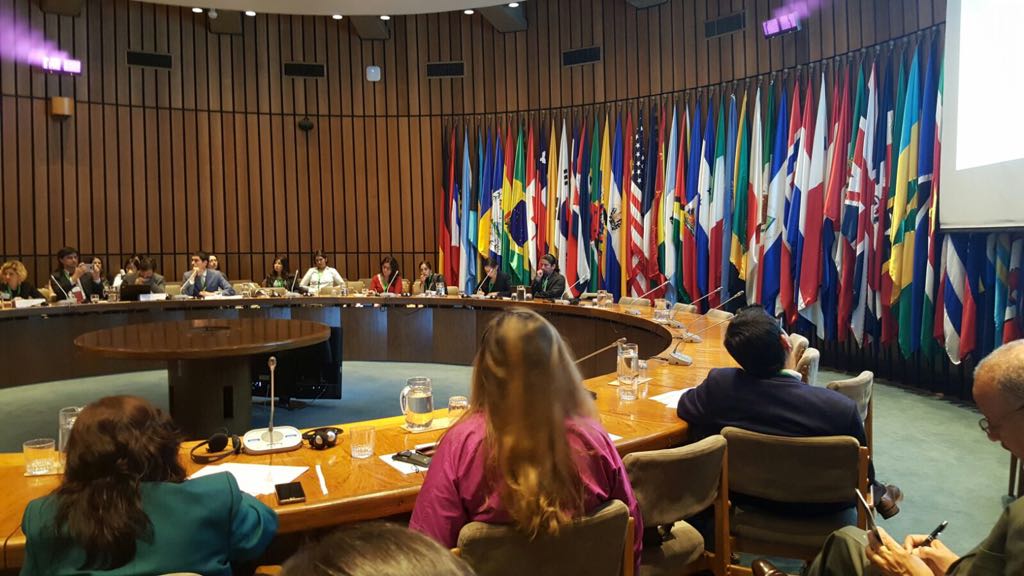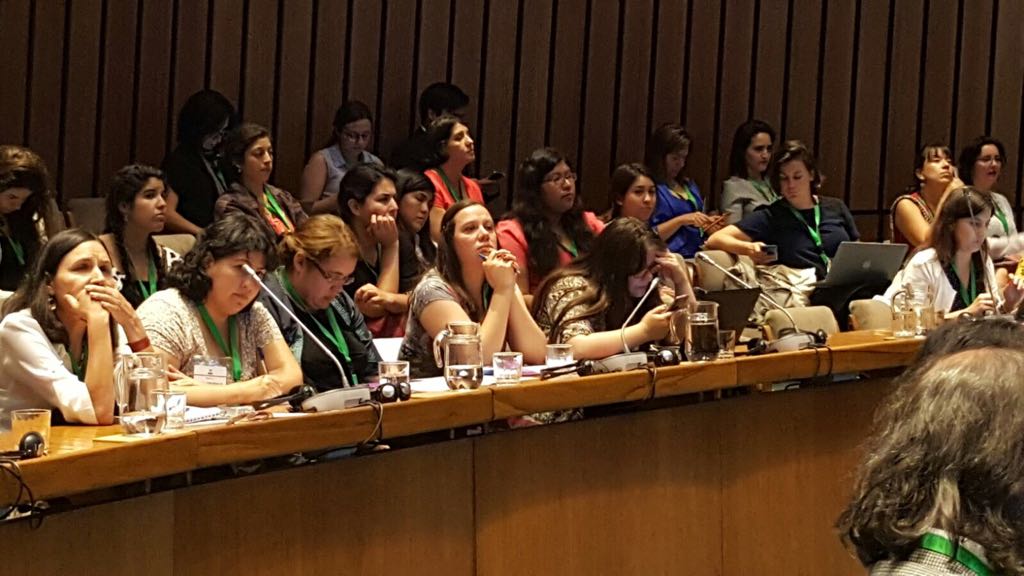Currently, less than 30% of the world's researchers are women. This gap, known as vertical, is explained by the loss of women graduating in STEM during the transition that makes a long career for the work force in science and engineering.
However, in Latin America, there is the largest proportion of women researchers in the world (44% according to UIS statistics), so the vertical gap would not be the greatest challenge, although if the horizontal gap is, which occurs between disciplines, where differences of magnitude can be observed. Women are a minority in the careers within the fields of science, technology, engineering and mathematics (STEM).

The SAGA Project (STEM and Gender Promotion) is a unique initiative led by UNESCO that aims to contribute to reducing gender gaps in STEM, providing tools for governments so they can design policies and indicators to reduce these gaps (https://en.unesco.org/saga).
Started in 2016, the SAGA project is a powerful tool to help achieve the Sustainable Development Goals of the 2030 Agenda. In the region, Uruguay and Argentina, for Latin America, and Jamaica and Haiti, for the Caribbean, have been part of the SAGA pilot countries, contributing to the improvement of the tools that the initiative is developing. Uruguay and Argentina have been the most advanced globally, setting up inter-institutional tables and conducting the first surveys of policies and indicators on the subject. At present, several other countries in the region are looking to join the initiative.
CILAC 2018 will have a specific section focused entirely on the topic of Gender Equality in Science, seeking to contribute to continue consolidating a regional agenda on gender and science.

